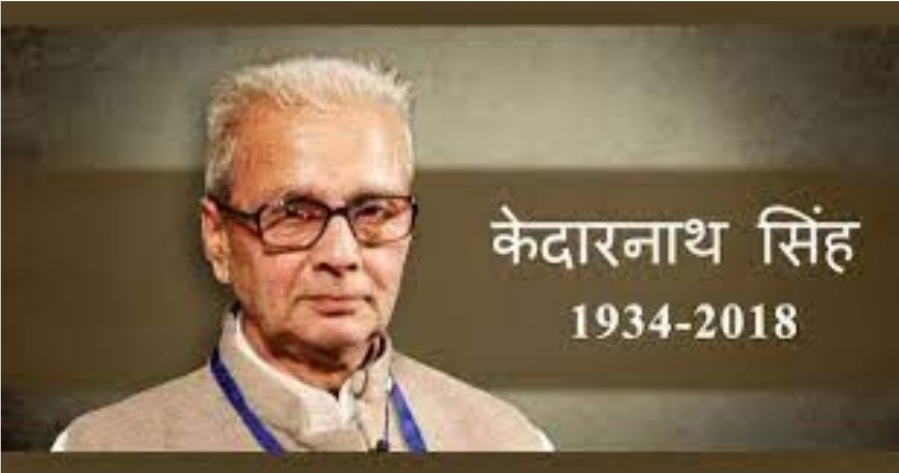Why are traditional books mightier than e-books?
Books have always had a fetishist quality to them with their versatile shapes and sizes, beautiful prints and colours and the worlds to which they hold their key. Now as we live through a century where old things are replaced by new it is the concern of every reader like me that whether e-books replace printed books. The digital revolution was expected to obliterate printed book in the recent decades but they continue to cling on with their sales increasing every year compared to electronic books or e-books.
As a person who reads books a year both on and off kindle, I can see that e-books do have their advantages. They are flexible, easily attainable and publishable and affordable . Still there are those people who love everything about the written words like me who believe that the traditional books are here to stay even with the threat of e-books and here are some of the reasons for this.
A real book is a sensory experience with emotional attachment and sense of nostalgia attached to them. Every bookworm cherishes the experience of holding their favourite book in their hands. Here one is reminded of the famous English Writer Susan Hill’s words
“I love the book. I love the feel of a book in my hands, the compactness of it, the shape, the size. I love the feel of paper. The sound it makes when I turn a page. I love the beauty of print on paper, the patterns, the shapes, the fonts. I am astonished by the versatility and practicality of The Book. It is so simple. It is so fit for its purpose. It may give me mere content, but no e-reader will ever give me that sort of added pleasure.”
The tangibility of the book imparts a sense of gravitas. In reading a printed book you are reminded you that you are actually dealing with a real thing and not just a weightless digital wind of 0 and 1, so it feels like something to take more seriously, respect more, and value greater . Apart from this there is a greater sense of ownership in holding a printed book in one’s hand than holding an e-book reader which may hold many books in it. Compared to the substantial tactile experience of books, a thin little E-Reader feels like a mere electronic device.
Scientific evidence also points to the greater advantages of traditional books over e-book. Recent studies conducted by Anne Mangen a professor at Norway’s Stavanger University have shown that reading comprehension and retention are better with “old-style” printed books. There are several reasons why people interact better with paper books. When one holds and reads a book, one not only absorb the words and meaning, but also subconsciously remember the physical location of the words, whether a paragraph is towards the beginning or end of the book, on the left or right facing page, or at the top or bottom of the page. This physical orientation memory was an important aspect of human brain during evolution with multiple sections of the brain devoted to it. In the cave men days these visual-spatial clues help us survive. And today verbal and spatial memorization is one thing that makes reading a real printed book a better learning experience with the brain’s necessity to physically sense where things fall in the book to remember them. This is something one simply don’t get with a Kindle or other e-reader.
Paper books are more suited to readers with sleep problems and eye strain. High levels of screen luminance from an electronic device can contribute to visual fatigue, a condition marked by tired, and itching eyes. There are also potential considerations for those reading e-books on light-emitting e-readers at night. Dr. Margaret K. Merga, a reading and education specialist in Australia opines that artificial light exposure from light-emitting e-readers may interfere with reader’s ability to sleep, ultimately leading to adverse impacts on health. In A 2014 study published in the journal of the National Academy of Sciences of the United States of America found that reading an e-book before bedtime decreased the production of melatonin, a hormone that aids the body in sleep. E-books also impaired alertness the following day.
A physical book is never fragile as an e-book. Being a soft copy an e-book can be deleted or corrupted with just the click of a button. Without a power source an e-book reader cannot work. Moreover Due to the ever-changing nature of technology, the device we use today to read a particular e-book might not be available tomorrow. A printed book will remain for many years even with their dusty, dog eared pages, sometimes travelling from one reader to another and from one place to another.
To put it in a nutshell, though contemporary modern technology like e-books have a significant influence on our life, from the reasons stated it is evident that the value of traditional, printed books will never deplete and they shall strive to survive. The essence of a printed book cannot be simply replaced or subtracted in favour of digitalized books. However, we can utilise e-books along with printed books in order to reinforce our reading habits.



Comments
Post a Comment